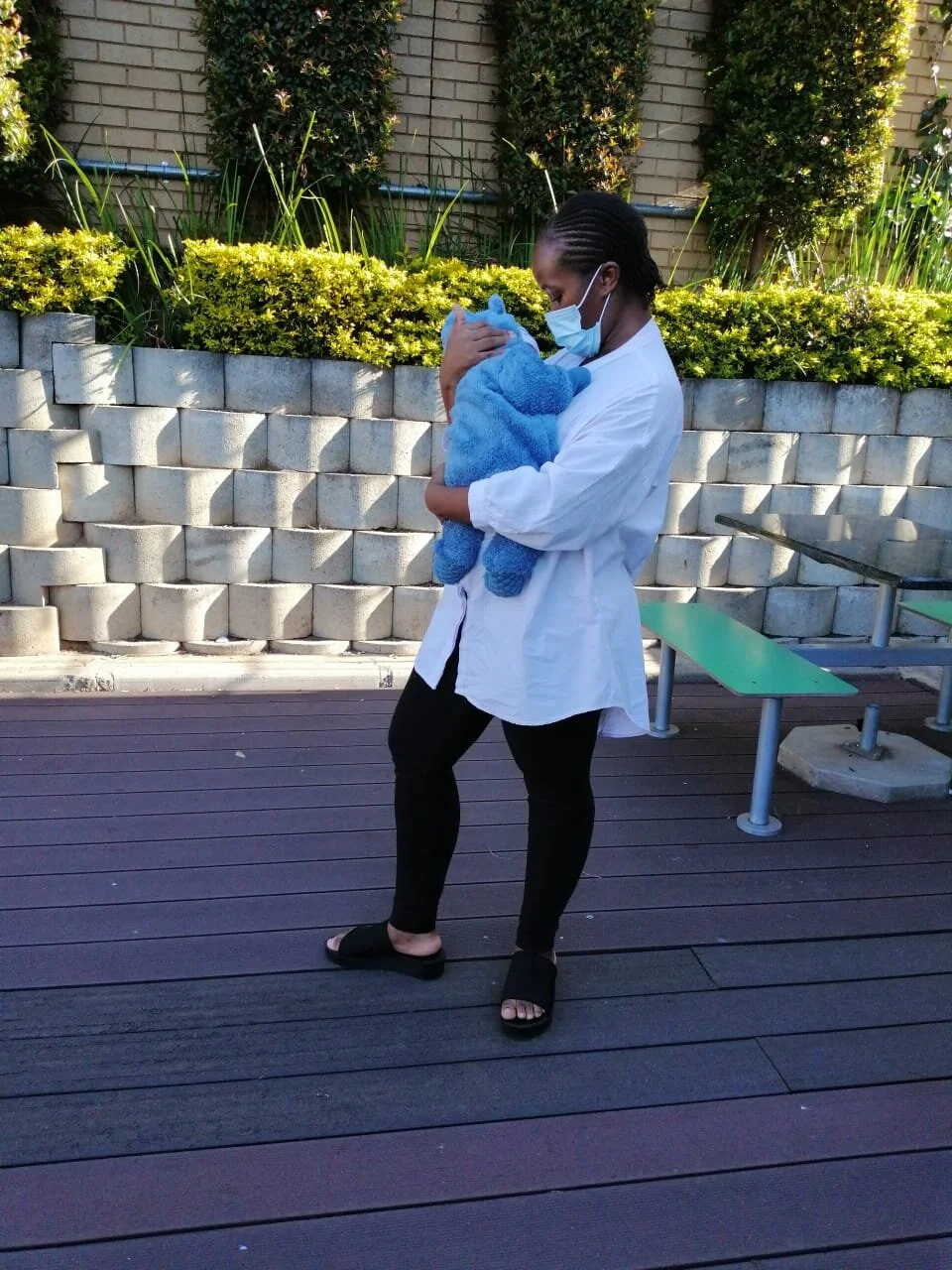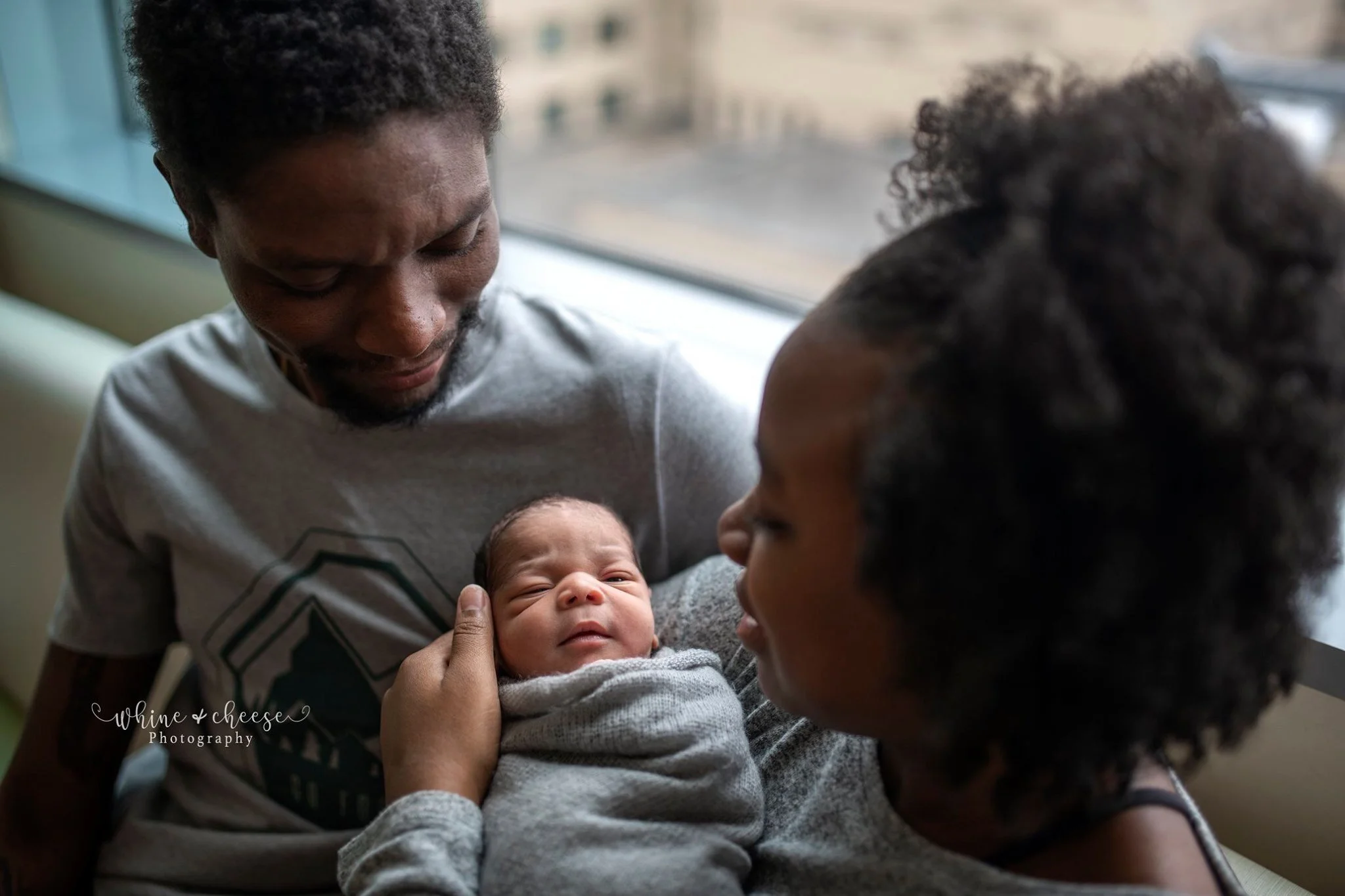While she knew she shouldn't make comparisons, around 37 weeks while pregnant with her second son, Cassandre began questioning what to expect. Around this time with her first, she was already showing signs for his arrival. An earlier incident in the pregnancy had caused some uneasiness, a feeling that didn't fade, and by 39 weeks at her regularly scheduled apt, she made sure to advocate strongly that every test be ran to ensure everything was ok. Results yielded that nothing directly was concerning, and showing no signs of being in labor Cassandre went home. Little did she know that in a couple of hours, they would be headed to the hospital via ambulance, and upon arrival birthing her son in one push - but there were some complications. He was not breathing, and due to not knowing how long he had been without oxygen and other symptoms, he was placed in a medically induced coma for three days to preserve brain function. It was a wild ride of anticipation of would this work, but he was able to recover and come home with his family. Cassandre describes their experience as a miracle. While the early journey of postpartum was an adjustment, it welded many lessons for their family, all rooted in leaning into their intuitions and the unexpected. Cassandre's wish is that all who listen to her story, don't see it as a scary experience but a source to remind you always to trust yourself.
Cassandre is also the creator and host of the podcast Be Well Sis, a podcast centered around wellness for black women. When speaking about wellness, black women tend to be erased from those conversations. Be Well, Sis, black women, their voices, and experiences are centered. To connect in community with Cassandre's head over to her website or follow her via social media (@bewellsis_podcast)
Read More


















